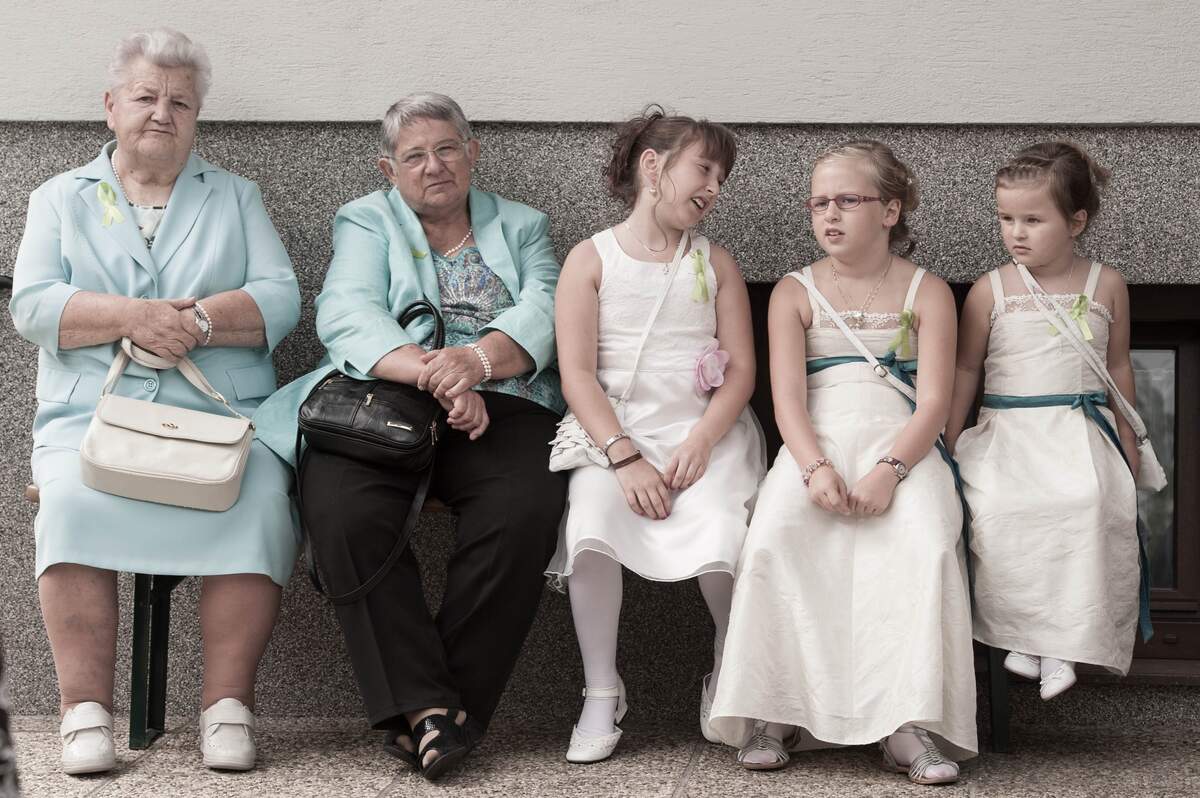

Descendants' Day
Also known as
Descendant's Day!
Descendants' Day!
Descendants Day
Observed
the last Sunday in June (since 1996)
Dates
Founded by
Charlie Howell on June 30th, 1996
National Parks Conservation Association (formerly National Parks and Conservation Association) on June 30th, 1996
Phil Bredesen on June 30th, 1996
Trust for the Future on June 30th, 1996
Hashtags
Sources
https://www.govinfo.gov/content/pkg/CREC-1996-09-11/pdf/CREC-1996-09-11-pt1-PgE1558-2.pdf
https://www.holidaysmart.com/holidays/daily/descendants-day
https://www.anrdoezrs.net/links/100298379/type/dlg/https://www.newspapers.com/image/111773512/
https://www.anrdoezrs.net/links/100298379/type/dlg/https://www.newspapers.com/image/113373027
https://www.anrdoezrs.net/links/100298379/type/dlg/https://www.newspapers.com/image/423362844/
Charlie Howell, who was president of Trust for the Future, a Nashville nonprofit foundation, announced the first Descendants' Day at Nashville's Scarritt Bennett Center on June 30, 1996, which was the date of the holiday's first observance. Trust for the Future and the National Parks and Conservation Association (now the National Parks Conservation Association) declared the day along with Howell and sponsored it during its early years. In addition, Nashville Mayor Phil Bredesen, who later became governor of Tennessee, proclaimed the day during its inaugural year.
Held each year on the last Sunday of June, Descendants' Day encourages people to think about the kind of world they want to leave for their descendants and "neighbors across time," to take into account how their activities impact these future generations and to promote "efforts already under way to leave the people of future generations a good place to live." This not only means preserving the environment, by considering issues related to air, water, and land use but also by examining how other issues impact posterity. How will technology, population growth, military spending, and war impact them? What is being done for future generations when it comes to race relations, healthcare, and education?
Trust for the Future suggested people could take part in the day by planting trees and cleaning streams and rivers, and by performing acts of love and caring for neighbors as a way to emphasize peace and justice issues. During Descendants' Day's early years, events were held in Nashville that featured exhibits, panel discussions, speakers, musicians, and children's activities.
On September 11, 1996, months after its first observance, Descendants' Day was read into the Extensions of Remarks section of the Congressional Record by U.S. Representative Bob Clement [D-TN]. He said in part:
Henceforth, this shall be the day in each year when all the world's citizens take an accounting of their activities during the preceding year which have impacted our descendants and our neighbors across time.
Be it further proclaimed, that the ultimate goal of this endeavour is to reach the day when we can celebrate a year where the consequences of our actions have no measurable negative impact on our descendants and neighbors across time and instead we can measure the residual impact of our human activities and find them to be undeniably sustainable and beneficial.
Although Descendants' Day doesn't appear to be celebrated in the official capacity it once was, and Trust for the Future also doesn't look like it is as active as it once was, the holiday lives on online. Anyone with concern for future generations, for both their own descendants and for all "neighbors across time," can take part in building a better world today, so that those who come after will have a better tomorrow.
How to Observe Descendants' Day
Participate by taking action to build a better world for future generations. Plant trees, clean up streams and rivers, and protect the environment in other ways. Care for neighbors and show love to others. Support efforts to expand access to and increase the quality of education and healthcare. Fight for racial and gender equality. Discuss and learn about the impact of technology and population growth on future generations, as well as about issues of peace, war, and military spending.





















